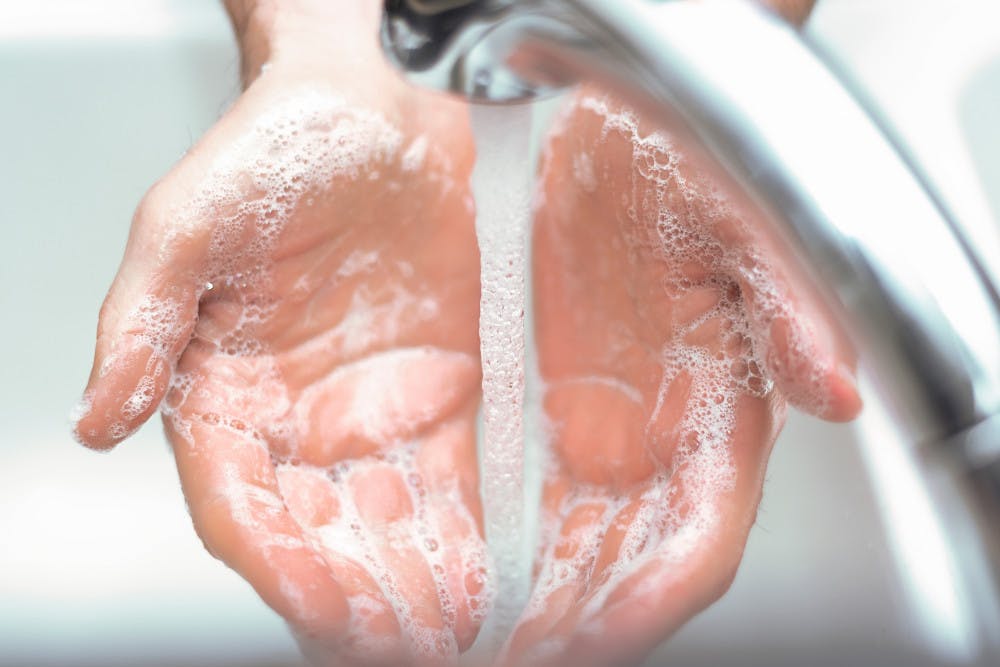By Kyle Elphick
Staff Writer
The College’s chapter of the Delta Epsilon Psi fraternity recently hosted its fourth annual “Delta Clinic,” providing uninsured and underinsured Trenton and Ewing residents with primary health care.
On Saturday, Nov. 21, at the Trenton Rescue Mission, attendees were offered free hygiene kits assembled by the fraternity brothers and complementary medical services, including flu shots, glucose checks, blood pressure checks and HIV checks — all essential services for those of a low socioeconomic status, according to junior industrial-organizational psychology major Kiran Patel, DEPsi’s recruitment chair.
In addition to medical services, the clinic also provided insurance education, stress-relieving board games with prizes and a station dedicated to getting residents’ medical records on a portable flash drive for emergency purposes.
Started in 2012, the annual clinic was formed in response to the devastation of Hurricane Sandy, serving as a means to provide further help to the poorest of the storm’s victims, Patel said. With extensive and costly damage to homes and property, it became even more difficult for many to afford pricey medical expenses, according to the fraternity.
Though the hurricane has since long passed, the need for medical assistance that the clinic complimentarily provides has not. As a result, the fraternity has turned the clinic into an annual event.
According to Patel, they find community outreach events, such as the “Delta Clinic,” to be essential. Through the clinic, the fraternity seeks to showcase the College’s commitment to promoting health awareness. Furthermore, the organization seeks to illustrate how this commitment extends beyond the College’s campus bubble and into the cities that surround it, namely Ewing and Trenton. The brothers hope to build upon their success, having even more participants in coming years, Patel said.
While the clinic was chiefly run by DEPsi, non-profit organizations, such as BlueCross BlueShield, Trenton Health Team, Planned Parenthood, Be Jersey Strong and the Hygiene Project, were also there to support health care for the benefit of those in need.
Though some were hesitant to trust the medical services provided, Patel and his fraternity brothers attribute this reluctance to the trouble low-income people have had dealing with the medical system in the past. The brothers hope that the clinic will help renew community hope in the American medical system as a whole.







